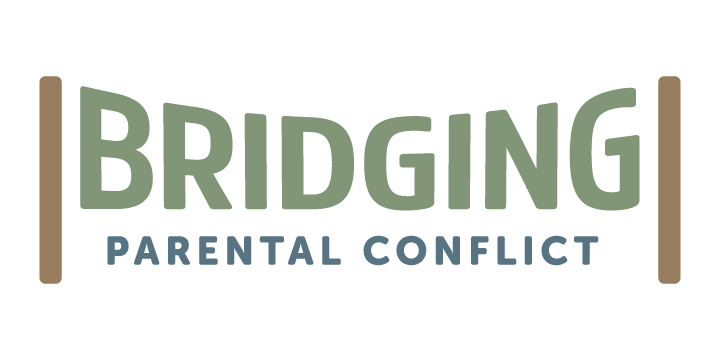Supporting Research
The Bridging Parental Conflict class has undergone research by Kansas State University to assess the effectiveness of the program. Below are some of the findings and common questions about the research.
What population is the class focused on?
Bridging Parental Conflict was created specifically for divorced or separated parents in conflict. The data indicate that Bridging Parental Conflict serves the 30% of parents on the more conflicted end of the divorce spectrum. While other co-parents who demonstrate active cooperation (i.e., who are not in conflict) also report benefiting from Bridging Parental Conflict, those co-parents in the most conflict tend to experience the biggest benefit.
Do parents really benefit from the program?
Yes! The research data (and parent feedback) demonstrate Bridging Parental Conflict significantly improves parents’ co-parenting in a variety of ways, including improved understanding of how to decrease co-parental conflict and lessen the chronic stress children often experience in conflicted families.
Who (men or women) benefits most?
The data show men and women benefit in different ways from different parts of the program. Overall, there is significant improvement in understanding of co-parenting by parents who attend. In addition, the data show that nearly every parent who attends Bridging Parental Conflict gains a deeper awareness of the importance of decreasing conflict between parents and increasing cooperation.
What was the most important discovery of the research?
While the data provide various important discoveries for researchers and providers of divorce education and co-parenting classes, participants reported learning about family systems and the impact on co-parenting and child development as the most important take-aways from Bridging Parental Conflict. The second most important take-away was gaining a deeper understanding of what children actually experience living in two homes and the impact of parental conflict on those experiences (Transition Challenges).
Will my co-parent make improvements to end our conflict?
Bridging Parental Conflict is designed to help the attending parent discover ways to lessen the chronic stress children feel in conflicted families. Even if your co-parent makes no changes, you can have a significant positive (and important!) impact on your children’s development.
Did the research collect any other information?
Yes. In additional to quantitative data, the researchers collected qualitative anecdotes from class participants. The qualitative anecdotes and the quantitative data say the same thing: Bridging Parental Conflict provides significant improvements for parents in conflict. Some of the qualitative anecdotes are available on the Bridging Parental Conflict website.
Who conducted the research?
Research on Bridging Parental Conflict was conducted by the Divorce Education Assessment Collaborative at Kansas State University. The research tracked more than 400 parent participants who attended the class from January – December 2022. The research was approved by Kansas State University’s institutional review board (IRB).
Contact Us
For more information about Bridging Parental Conflict or if you have a questions, please contact us:
What Professionals are Saying
“I truly believe that the Bridging Parental Conflict Class is absolutely the best co-parenting program I’ve seen.”
Dana McKenzie, Partner, Chaney Hatcher and McKenzie Dispute Resolution Center
